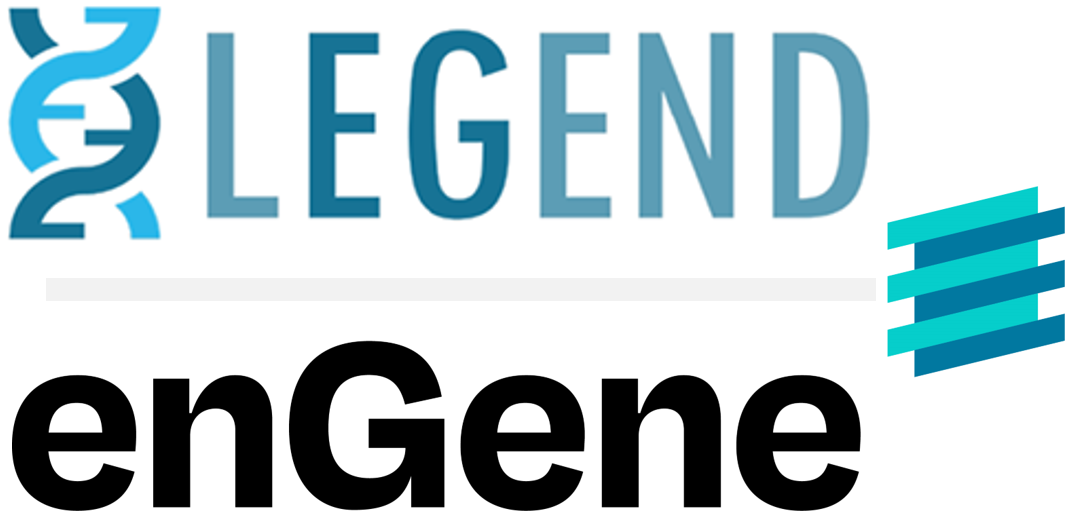LUGPA Policy Brief: The Modernizing and Ensuring PBM Accountability (MEPA) ActNov. 17, 2023 Pharmacy benefit managers (PBMs) act as a middleman between insurers and pharmacies to reduce administrative costs for insurers. PBMs assist with determining a patient’s eligibility, administering plan benefits, and negotiating prices between pharmacies and health plans. PBMs work with drug manufacturers, wholesalers, pharmacies, and health insurance providers but are not directly involved with the physical distribution of prescription drugs; they only handle negotiations and payments. While PBMs have proven to be very effective in lowering administrative costs for manufacturers and pharmacies, some concerns have emerged from regulators and healthcare advocacy groups regarding how PBMs profit from their services and their effect on the cost of drugs, especially generic drugs. For years, PBMs have operated with relatively few checks on their business. The increasing cost of drugs combined with the lack of transparency in how PBMs determine drug costs has led many states and the federal government to impose new rules on PBMs. These reforms included new licensing rules, pharmacy audit requirements, and generic drug pricing reforms designed to shift some control away from PBMs regarding pricing. In response to these concerns, federal lawmakers have introduced S.2973, the Modernizing and Ensuring PBM Accountability Act (MEPA), aimed at enhancing oversight and regulation of Pharmacy Benefit Managers (PBMs). The MEPA Act first gained approval from the Senate Finance Committee in July. This version, based on the chairman's mark, was introduced in late September. Key Provisions of the MEPA Act:
The MEPA Act also includes provisions to save approximately $1.726 billion, which would be set aside for the Medicare Improvement Fund. These savings will contribute to broader efforts to make healthcare more affordable and accessible. The MEPA Act has garnered broad bipartisan support. During a Senate Finance Committee markup hearing in July, the bill received overwhelming approval, with a 26-1 vote in favor. Members of Congress have expressed their commitment to reducing prescription drug costs, enhancing pharmacy access, and strengthening accountability through MEPA. In addition to legislative efforts, the Federal Trade Commission (FTC) is conducting an inquiry into PBMs and their impact on prescription drug access. The Modernizing and Ensuring PBM Accountability Act (MEPA) represents a significant step toward addressing the challenges posed by PBMs in the healthcare industry. With its emphasis on transparency, accountability, and support for community pharmacies, MEPA holds promise in creating a more equitable and cost-effective healthcare system. LUPGA will follow this bill’s development and continue to promote reforms that cut back on the power of PBMs.
|



